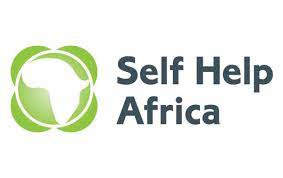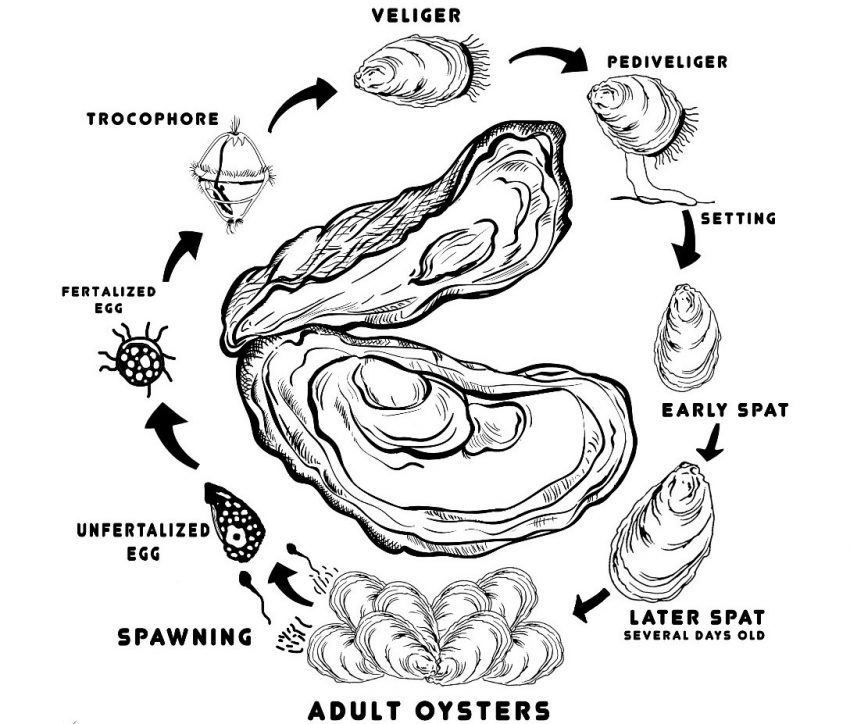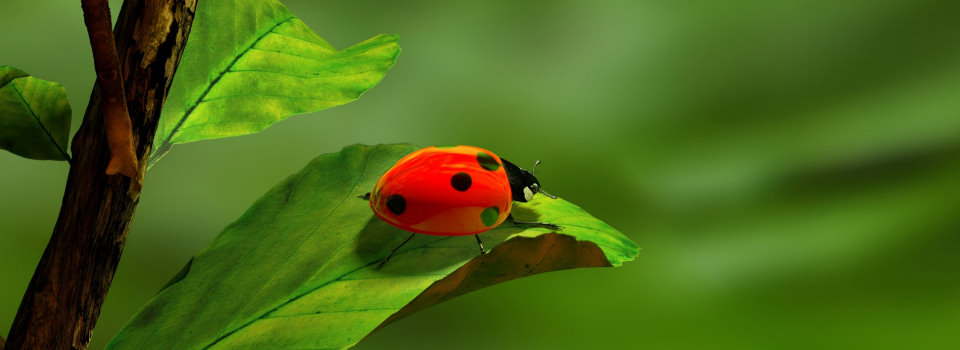
I was given an opportunity to work as a Research Intern with Self Help Africa (SHA). As stated on their website, SHA is a research project empowering West and North African smallholder farmers and small- and medium-sized enterprises (SMEs) to facilitate sustainable intensification of African farming systems. Under the guidance of Paul Wagstaff, Head of the Global Technical Advisory and Research Team at SHA, I provided support on two research projects. Firstly, I was tasked with writing a Technical Paper draft entitled Potential Impacts of Climate Change and Increased Ocean Acidification on the Production of the West African Mangrove Oyster (Crassostrea tulipa). My second research project entailed Sustainable intensification of food production through resilient farming systems in West& North Africa was a collaborative effort between SHA and SustInAfrica. Further detail regarding these two projects are outlined below.
The Technical Paper draft Potential Impacts of Climate Change and Increased Ocean Acidification on the Production of the West African Mangrove Oyster (Crassostrea tulipa) examines how the mangrove oyster has historically and currently served as an important source of income and nutrition for innumerable persons in several West African countries, including The Gambia. The Gambia’s brackish inland waters – its rivers, estuaries, and tributaries – provide sprawling mangroves and favorable conditions for shelters and nurseries of oysters. Despite these ideal environments for culturing oysters, the Gambian oyster industry remains underdeveloped with no market outside the country. The harvesting, processing and marketing components of the Gambian oyster industry are dominated by women. Increasing ocean acidity negatively affects the reproduction and growth of the European Flat Oyster Ostrea edulis and the Atlantic/ American oyster (Crassostrea virginica) however little is known about the effects on The West African mangrove oyster (Crassostrea tulipa). The West African Mangrove oyster is a brackish water species. The freshwater may dilute the increasingly acidic seawater, protecting the oyster beds from the effects of ocean acidification. Rain may rise in The Gambia river basin by 2040, though there is a high level of uncertainty. The dual destructive consequences of rising sea temperatures and increased acidification threaten the survivability of the oysters and jeopardize the livelihoods and food security of The Gambia’s most marginalized peoples. More research is required to understand the potential impacts of climate change and ocean acidification on mangrove oyster production.

SustInAfrica is a research project empowering West and North African smallholder farmers and small- and medium-sized enterprises (SMEs) to facilitate sustainable intensification of African farming systems. SustInAfrica consists of 16 partner organizations from 11 countries. The project began in January 2020 with a budget of 7 million EUR, and will continue through 2025.

The Sustainable intensification of food production through resilient farming systems in West & North Africa research project utilized the IPCC Working Group I (WGI): Sixth Assessment Report's Interactive Atlas to determine near-term climate change predictions (2021-2040) for Burkina Faso, Niger, Egypt, Ghana and Tunisia, and how these predictions might affect the production of economically valuable and nutritionally important crops in each country. The target crops in this study are:
- Burkina Faso - cotton, maize, and cowpea
- Niger - pearl millet
- Egypt - cotton, olives, and date palm
- Ghana - pineapple, mango, and maize
- Tunisia - olives
